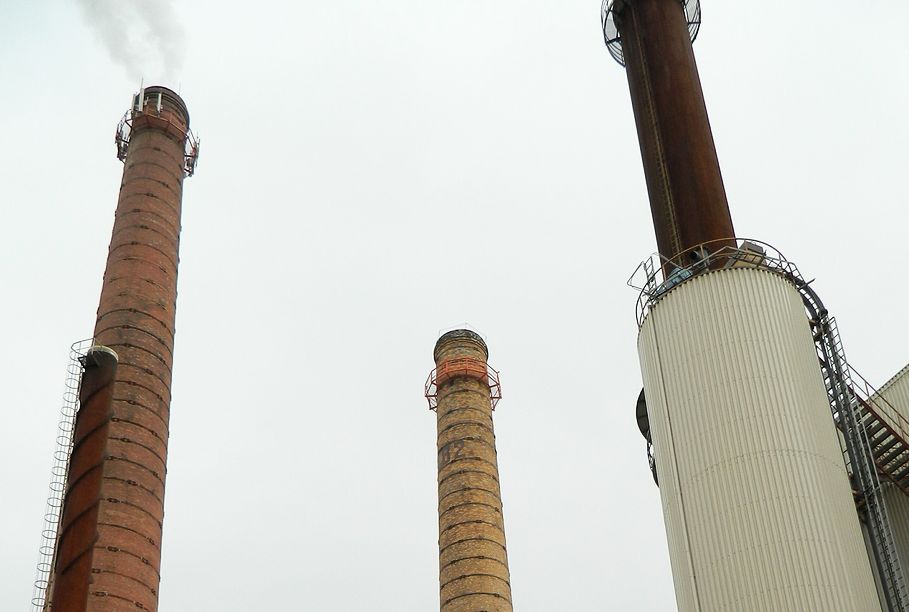Businesses are worried that in Latvia each ministry is responsible for its own field and that there is a lack of a responsible body who will coordinate the complex process of the introduction of the European Green Course.
“The European Green Deal will improve the well-being and health of citizens and future generations by providing: trees fresh air, clean water, healthy soil, healthy and affordable food”, the European Commission states.
Deputy Chairman of the Farmers Saeima Board Maira Dzelzkalēja-Burmistre explains that the introduction of the green deal in agriculture will also be linked to a decrease in production.
"There are limits within the green deal, such as the reduction of fertilizers. In the absence of plant protection products, plants suffer, much smaller harvests and much more products die in storage, and the future trends are such that production will be smaller and more expensive. If we want to raise these production standards, it just has to be taken into account."
"We could grow clover, alfalfa, and thus increase nitrogen in the soil, which would help offset the reduction in fertilizer, but we have little cattle in Latvia to feed the plants to. Maybe our future is peas and beans, then we need to develop new products and learn to grow these crops."
Latvian Chamber of Commerce and Industry board member Jānis Lielpēteris said there is also a lot of uncertainty for entrepreneurs in other sectors and it would be good if one responsible organization could bring together all the ministries involved in this process.
"Of course, there is quite a lot of uncertainty about land use in both forestry and agriculture, these sectors need to be transformed. We have also heard very radical views that certain sectors could be destroyed, like production and use of peat as fuel. It is clear that the subject of this green deal will have a very wide range, from transport to energy, to taxation."
“There may be positive benefits in the overall business environment of Latvia, developing new business lines, but at the same time, if this policy is not coordinated transparently, intellectually and predictable on the part of the country, we risk simply chasing those EU climate goals. And then it will come with negative rebounds across our economy.”
Advisor for Environment Minister Madars Lasmanis said that a working group on ministerial coordination is currently in place and a sectoral expert working group will also be formed.
"There will be partly subsidized electric cars available to the residents as of next year, and local authorities will have access to solutions to improve their transport network, giving priority to the transport of pupils. There will be funding available to entrepreneurs in the regions to make existing plants more energy-efficient and to create some new products.
"Within the green deal, we expect that grain, rapeseed, wood, or peat be transformed into higher value-added products. Changing habits is difficult enough, and it is a set of inconveniences that are most likely to be expected by both entrepreneurs and residents in the course of 10 years."






























